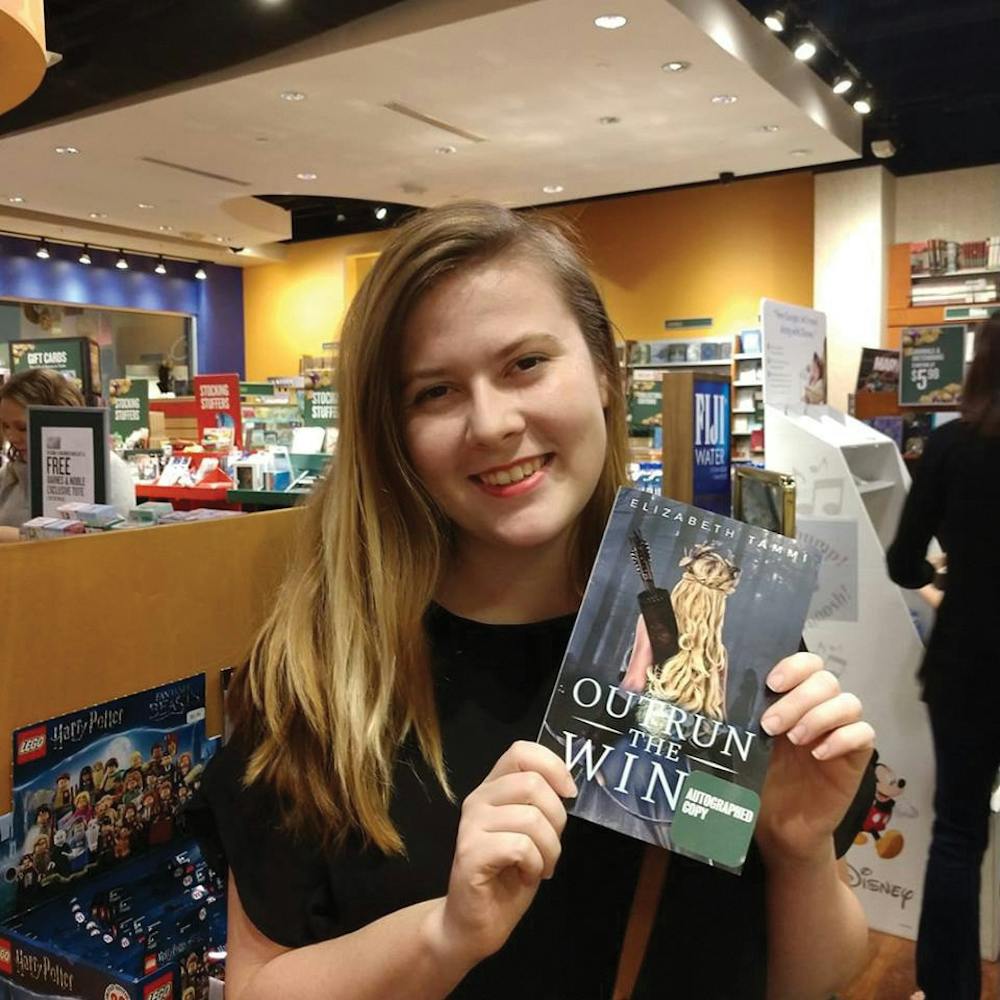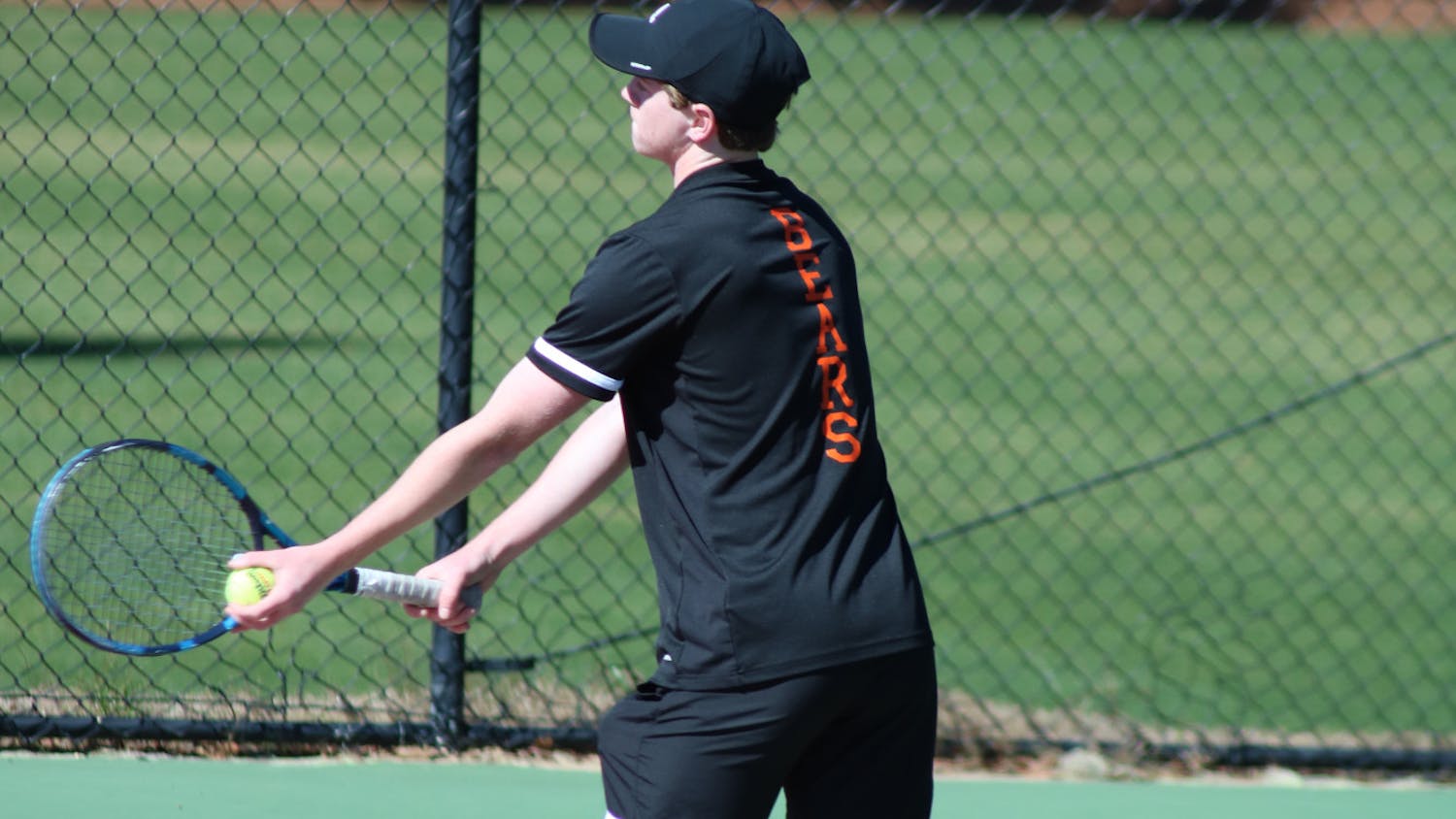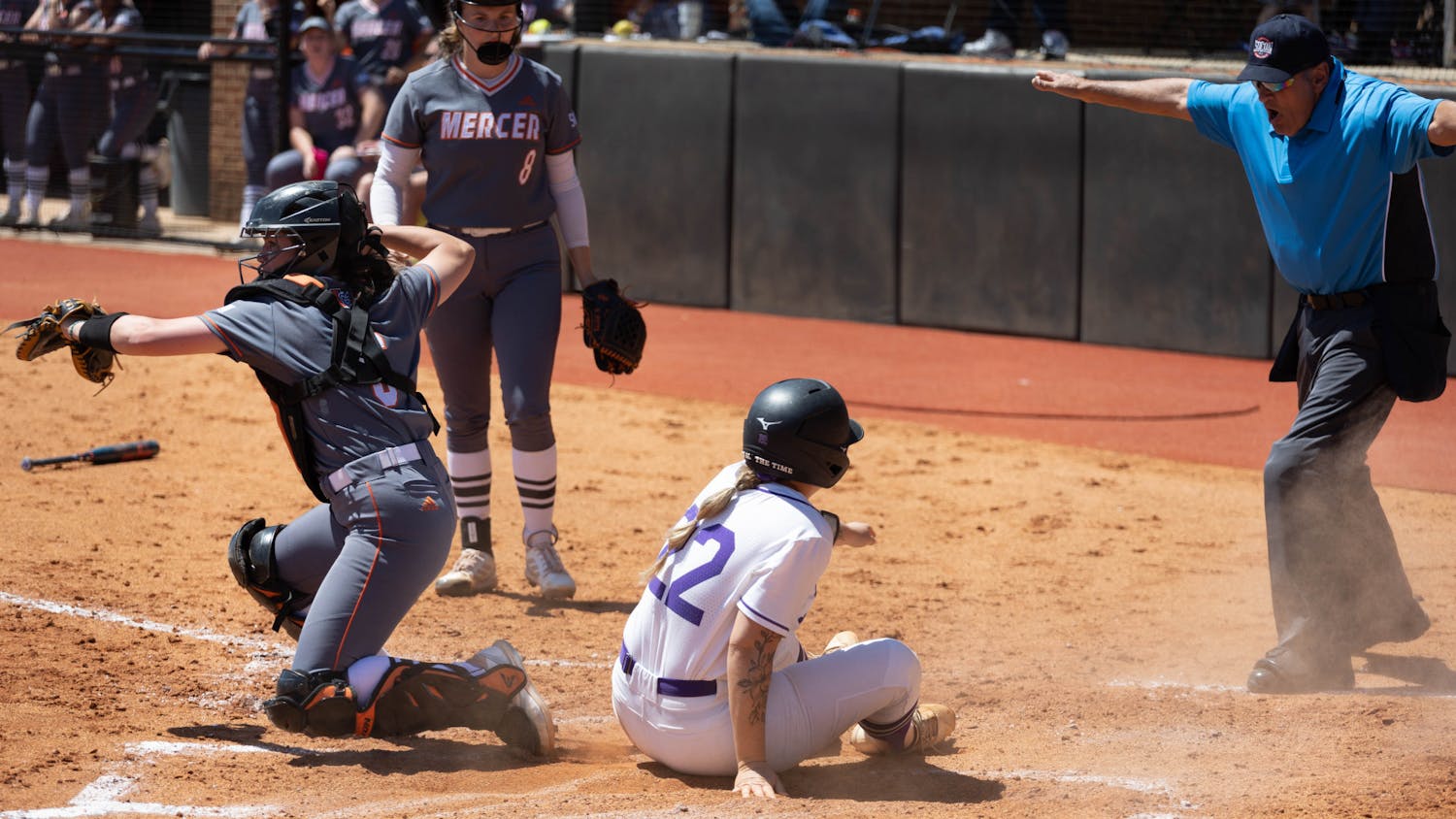Due to the attached Mercer School of Medicine and the outstanding reputation of the engineering department, it is unsurprising that a large percentage of the undergraduate student body at Mercer University studies in STEM fields.
What may come as more of a surprise is that there is another powerful major gaining traction on Mercer’s campus — creative writing.
Out of the over 4,000 colleges and universities that populate the U.S.’s education landscape, only approximately 125 offer creative writing as a degree option.
Not only is Mercer one of the few institutions to teach creative writing, but it also does quite well for itself: though a small department, it has been home to such acclaimed instructors as Chelsea Rathburn, Poet Laureate of Georgia; James May, recent National Endowment for the Arts (NEA) grant recipient and Anya Silver, 2018 Guggenheim Fellow.
The creative writing major falls within the English department. The most critical difference between English and creative writing is that the former heavily concentrates on the study of literature, like “African American Poetry: Harlem Renaissance to the Present” or “Contemporary Drama,” whereas the latter balances those studies with writing application through workshop-style courses including “Writing the Long Story” or “Writing Lyric Poetry.”
Workshops give creative writing students like alum Ranha Beak to receive consistent and constructive criticism on their work from their peers and professors so that they are constantly evolving as writers over the course of their years at Mercer.
“I could ask someone for a piece of honest feedback, and we'd sit for hours in Willingham just to talk about a specific character or plot holes,” Beak said. “I appreciate the people I've had classes with for opening my world up to see the good in the mistakes and to embrace the growing pains.”
Beak participated in the fiction track, but Mercer’s creative writing students can also choose to pursue comprehensive tracks in poetry and drama.
Alum Elizabeth Tammi, like Beak, also found herself drawn to fiction because, she said, “Whether it's a standalone novel or a book series, I think long-form fiction really allows readers to experience and connect with different perspectives for an extended period of time. It's honestly magic to me!”
On the other end, alum Charlie Marrs-Mier studied poetry, and she continues to carve space for poetry in her life beyond Mercer.
“I write poetry every morning before everybody else wakes up (thanks to Dr. Johnston for that habit!) and it really serves as a therapeutic outlet,” said Marrs-Miers.
In fact, in spite of the longstanding claim that majoring in English is fruitless outside of college, all three alumni find themselves actively applying their creative writing degrees in their lives now: Beak is a digital content writer at an edu-tech startup company, and Tammi has published two novels (“Outrun the Wind” and “The Weight of a Soul”) and works in astrophysics communications with NASA.
“If you're considering this major, know that you'll be in wildly capable hands, but that writing – like with any creative field – still requires a healthy degree of self-starter energy,” Tammi said. “Be willing to ask questions and ask for feedback, and seek out the opportunities you want.”
Fortunately, such opportunities are plentiful.
To get a taste of what writing-related career students may be interested in pursuing in the future, Mercer lends several opportunities for exploration, including positions with The Dulcimer, Mercer’s literary arts magazine, and The Cluster, Mercer’s student-run newspaper; writing tutoring at the ARC or within Macon-Bibb county schools; writing precepting within INT and Great Books courses; interning at Mercer University Press or other local Macon publications; Point B.L.A.N.K., the spoken word club; and membership in Sigma Tau Delta, the English honor society.
Built into the degree plan is the Ferrol Sams, Jr. Distinguished Chair of English Seminar, where students are taught by accomplished visiting writers in poetry, fiction or drama. Mercer is also a member of the Georgia Poetry Circuit, so Mercer students have gotten to meet with writers as distinguished as Victoria Chang and Joy Harjo.
There is also much flexibility with the creative writing degree, so many students choose to double-major and dive just as deeply into their other passions, like Tammi, who also studied journalism and served as The Cluster's Arts & Entertainment and News Editor during her time as a student.
Needless to say, Mercer boasts a multitude of ways to get involved with creative writing within and beyond the classroom.
“For someone afraid to dip their toes into Creative Writing, I would say jump. Do it,” said Beak. “There are only a few precious chances in the world, much less in college academia, that will make you realize so many multitudes within yourself.”
However, perhaps the most important aspect of the creative writing program that each alum vouched for was the personal growth afforded.
“A lot of the skills I learned were more wide life-type skills like listening and mindfulness,” Marrs-Miers said. “I use those skills every day to better myself as a person.”
With the stigma surrounding creative career fields, it is understandable that a student who is interested — even gifted — in writing may be afraid to follow it as a serious career path. But, as these alumni and the Mercer creative writing department overall demonstrate, the risk might just prove to be worth it.
Ivy Marie Clarke ‘22 is an English literature and creative writing double major, double minoring in art and women’s and gender studies. She has served as editor of the Arts & Culture section of The Cluster for the last two years. She also interns with Macon Magazine and Mercer University Press and edits for The Dulcimer. She also enjoys drinking coffee and writing poetry.





